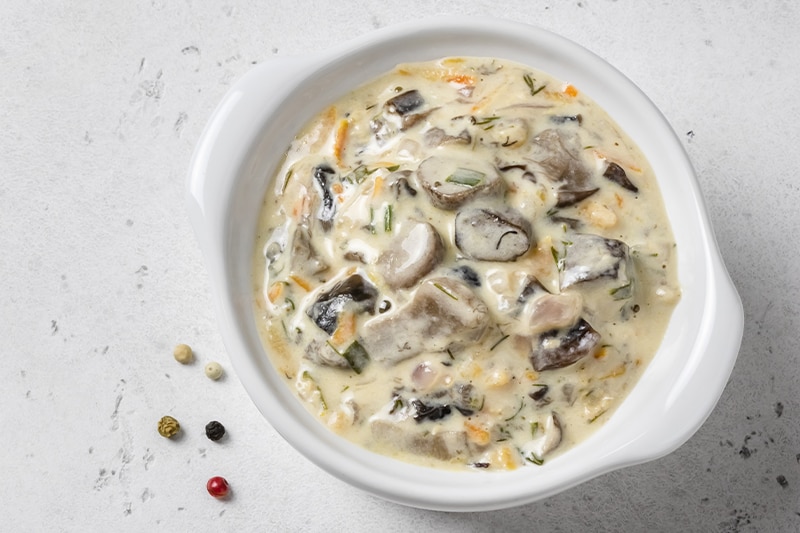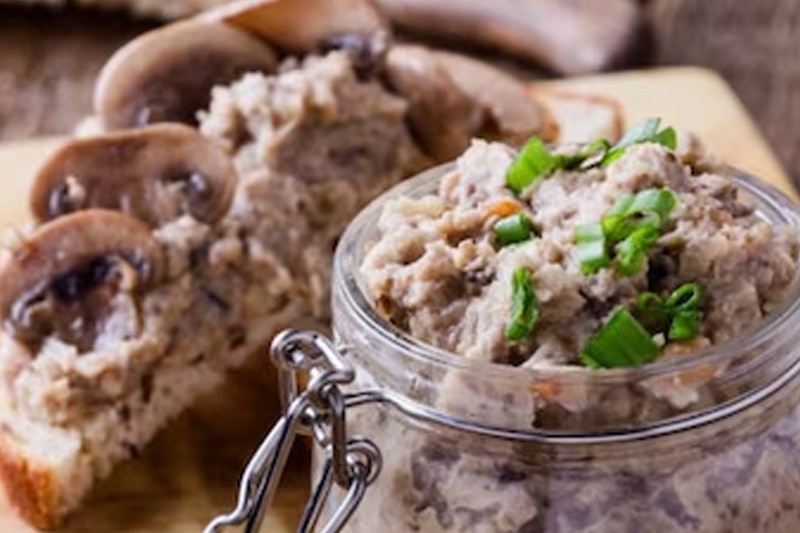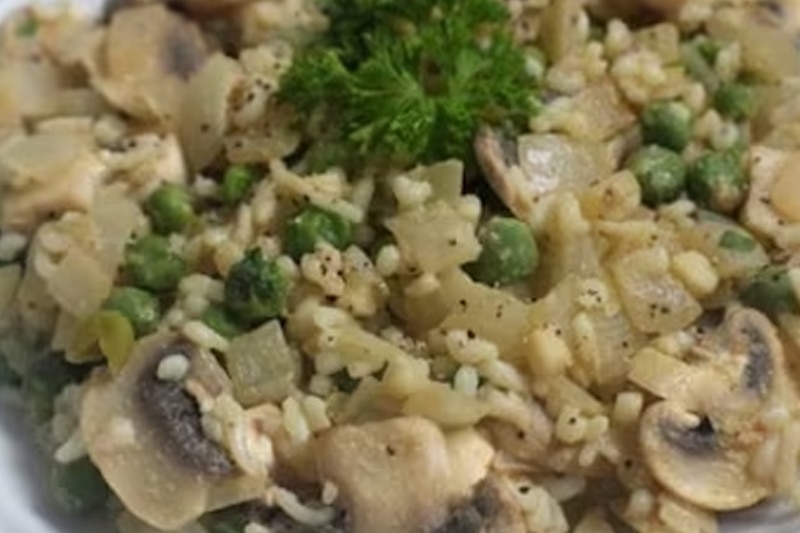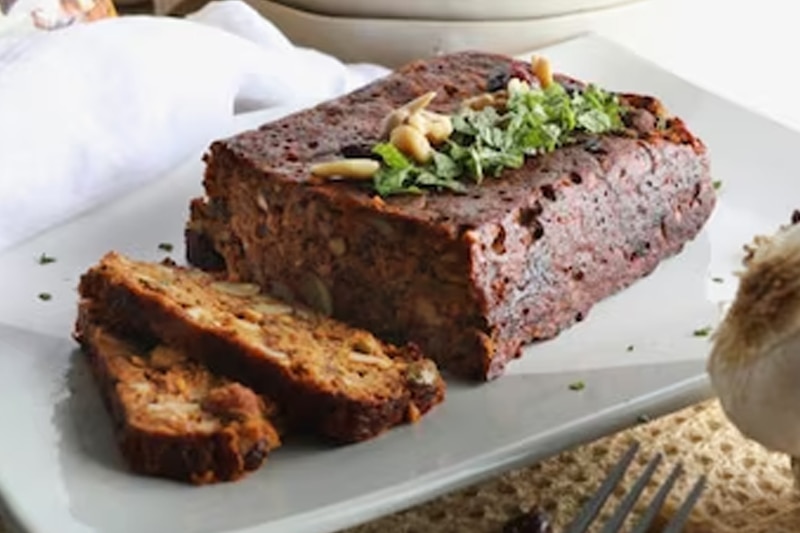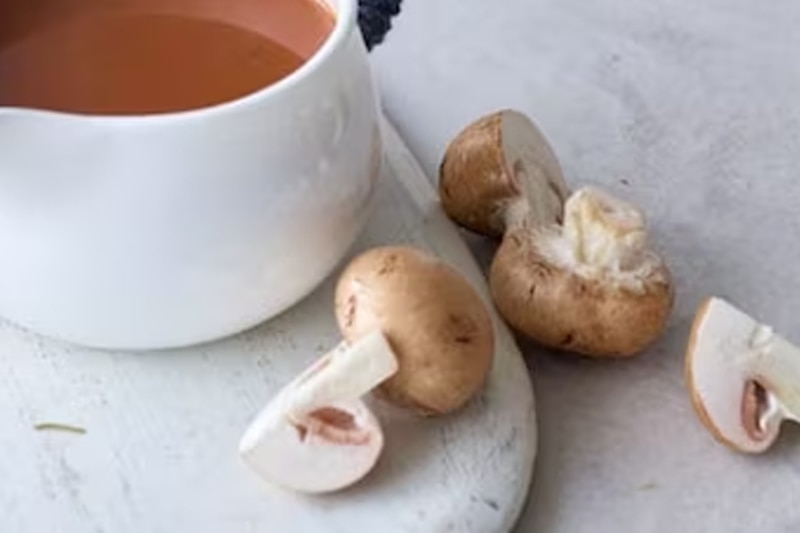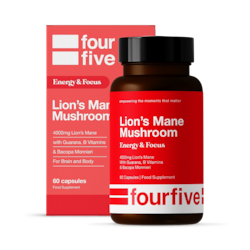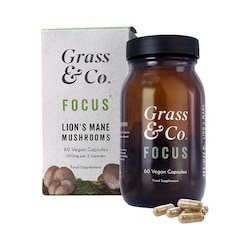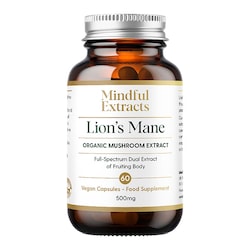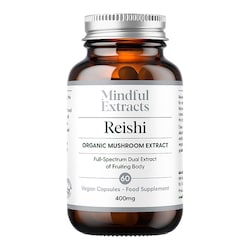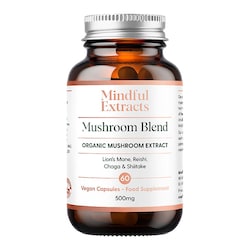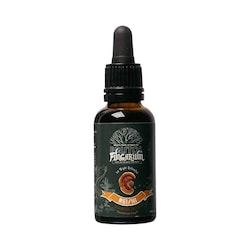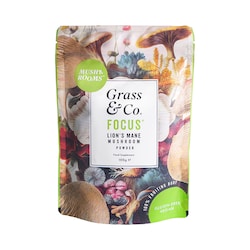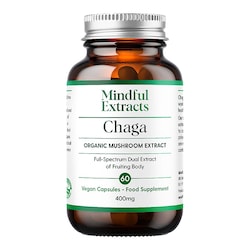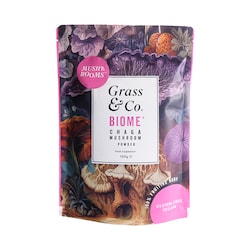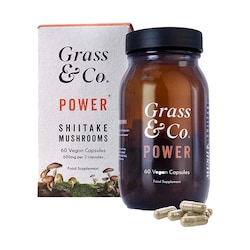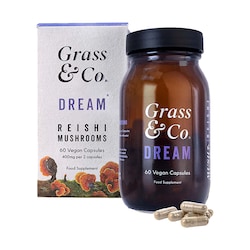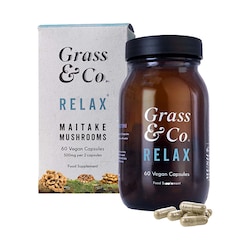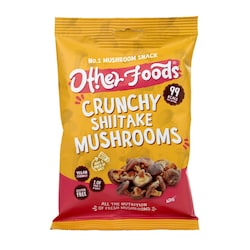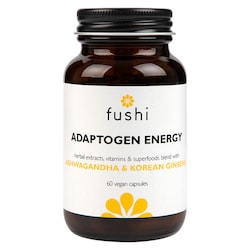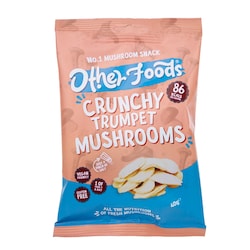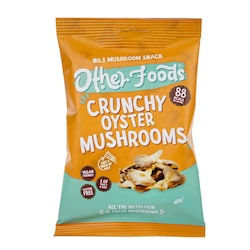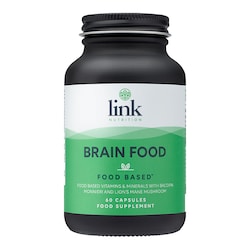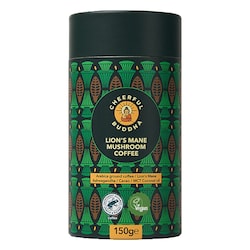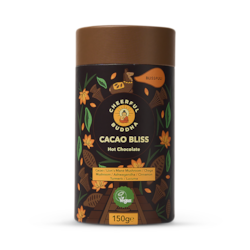15% off £30 OR 20% off £40
Are mushrooms good for you? 9 benefits of mushrooms
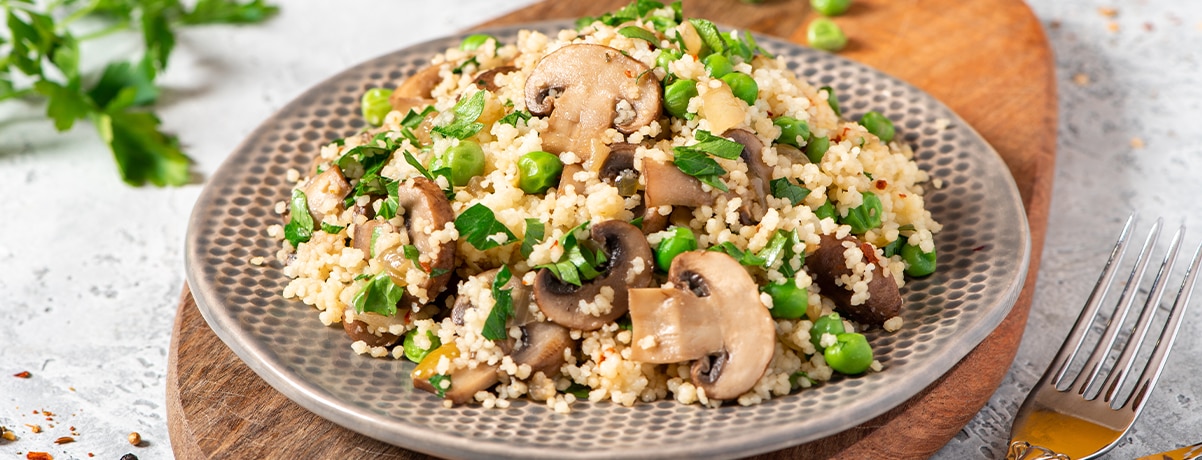
If you’ve been wondering about the health benefits of mushrooms and the nutritional value of eating mushrooms, then you’re in the right place!
Here’s everything you need to know about mushrooms, including different types, comparison to mushroom powders, a breakdown of the nutritional benefits of eating mushrooms, 10 recipes, and so much more…
There’s not going to be mushroom left in your brain after this!
Is a mushroom a superfood?
Yes! Mushrooms are rich in nutrients and have many proven health benefits, ticking all the boxes to be categorised as a superfood.
Keep reading and you’ll soon see that they definitely deserve their place in this category.
Can I eat mushrooms every day?
You can. Mushrooms are incredibly healthy and contain many of the nutrients our bodies need to function well.
So, like most things, mushrooms can be eaten often as part of a balanced diet.
However, unlike most things, eating mushrooms every day will come with more good than bad!
What are the different types of mushrooms?
There are many types of mushrooms—in fact, there are too many to list here!
What is the most nutritious mushroom?
- Button
- Portobello
- Shiitake
- Maitake
- Reishi
- Oyster
- Wood ear
- Enoki
- Morel
- Chanterelle
The nutritional profiles of mushrooms
Here’s the breakdown of the nutrients you’ll find in one 96g serving of mushrooms, including the amount of each that an adult should be consuming each day.
| Nutrient | Amount in one 96g cup of mushroom | RDA |
|---|---|---|
| Energy (kcal) | 21.1 | 1,600 - 3,200 |
| Protein | 3.0g | 46g - 56g |
| Carbohydrate | 3.1g including 1.9g sugar | 130g |
| Calcium | 2.9mg | 1,000mg - 1,300mg |
| Iron | 0.5mg | 8mg - 18mg |
| Magnesium | 8.6mg | 310mg - 420mg |
| Phosphorus | 82.6mg | 700mg - 1,250mg |
| Potassium | 305mg | 4,700mg |
| Sodium | 4.8mg | 2,300mg |
| Zinc | 0.5mg | 8mg - 11mg |
| Copper | 305mcg | 890mcg - 900mcg |
| Selenium | 8.9mcg | 55mcg |
| Vitamin C | 2.0mg | 65mg - 90mg |
| Vitamin D | 0.2mg | 15mg |
| Folate | 16.3 | 400 |
| Choline | 16.6mg | 400mg - 550mg |
| Niacin | 3.5mg | 14mg - 16mg |
Summary
- Mushrooms are classed as a superfood as they are high in nutrients and have many health benefits.
- You could eat mushrooms every day if you wish, although only as part of a balanced diet with other foods.
- Although mushrooms come in all shapes and sizes, the nutrients they provide per 96g serving are very similar.
When to take mushroom supplements?
You might want to think about taking mushroom supplements if you want all the mushroom properties and benefits without the taste or texture.
What types of mushroom supplements are available?
There are two main types of mushroom supplements that can be taken at any time in the day, including:
- Powder
- Tablets: For all those benefits of eating mushrooms without taking the time to prepare, cook, or eat them, mushroom tablets are another alternative.
What is the difference between eating mushrooms and taking a supplement?
How to eat more mushrooms
With powdered supplements, there are so many ways you can bring more mushrooms into your diet.
- Add to your favourite smoothie
- Try mixing into your morning coffee
- Add to stir-fries for a healthy mushroom boost
- Mix with apple juice for a quick & healthy shot
- Warm milk or your favourite alternative and whisk with cacao powder and maple syrup for a healthy hot chocolate
10 tasty recipes with mushrooms
Mushrooms are divisive.
Even if you know all the goodness of mushrooms, you still might not like the taste or texture.
Finding delicious recipes that either make mushrooms more appetising—or even hiding them among other foods you do like—can help.
Here are 10 mushroom recipes we think you might like…
Summary
- Whether you eat mushrooms or prefer mushroom powders, it doesn’t matter, because you’ll still get all the health benefits.
- If you’re trying to eat more mushrooms, try mixing powder into various tasty alternatives.
- Or, find more mushrooms recipes you like! Here’s 10 to get you started.
9 benefits of mushrooms in your diet
-
Filled with antioxidants
Mushrooms are filled with antioxidants, important for helping our body to fight free radicals.
Free radicals are toxins created by the body during metabolism and other bodily processes, and over time these can cause oxidative stress, associated with cell deterioration and the signs of ageing.
Key antioxidants often found in mushrooms are:
- Selenium
- Vitamin C
- Choline
-
High in potassium
Mushrooms are high in potassium, a nutrient that has been proven to support the body in regulating blood pressure,1 which in turn may reduce the risk of hypertension and cardiovascular disease.
Did you know that there’s about as much potassium in 2/3 cup of cooked Portobello mushroom as there is in a medium banana?
-
May reduce the risk of cardiovascular diseases
Previous studies have shown that people who are deficient in vitamin C are at higher risk of cardiovascular disease.2
As mushrooms contain high levels of vitamin C, that means that getting your daily intake of mushrooms may help to reduce this risk.
-
Helps to lower cholesterol levels
Beta-glucans are a type of fibre that has been linked to lower blood cholesterol, and fortunately, these same beta-glucans are in the cell walls of many different mushrooms.
For example, studies have shown that the stem of shiitake mushrooms are a good source of beta-glucans.3
-
Supports foetal health and development
Folate, or folic acid supplements, are often recommended to women either before, or during, pregnancy as they can help to support foetal growth and development.
It is so important, in fact, that whereas adults are recommended to get 400mcg of folate each day,4 pregnant women are recommended to intake 600mcg of folate each day.
Mushrooms naturally contain folate, and a cup of raw mushrooms is 16.3mcg of folate.5
-
Rich in vitamin B
Mushrooms are naturally high in B vitamins, including:
- Thiamine (B-1)
- Riboflavin (B-2)
- Niacin (B-3)
- Pantothenic acid (B-5)
- Folate (B-9)
B vitamins are important to the body as they help us to turn food into energy, form red blood cells, and are linked to healthy brain performance.
-
Aids in muscle movement, learning, and memory
Choline is an important compound that supports our body in a number of ways, and it is also found in mushrooms.
This compound helps our body to create and maintain the structure of cell membranes and nerve impulse transmissions,6 also help our ability to move, learn, and remember.
-
Source of vitamin D
Vitamin D often comes from animal products, so it can be hard for people who don’t eat meat to get enough in their diet.
However, mushrooms, particularly white button mushrooms, are one of the few non-animal foods containing vitamin D.
This is particularly important during the winter months when a lack of vitamin D can lead to lower moods.7
-
Source of copper
Copper is important for the production of red blood cells, vital for carrying oxygen around the body.
It also supports other bodily processes, including the maintenance of bones and nerves.
One serving of mushrooms can provide about 1/3 of your daily recommended amount of copper.
Summary
Mushrooms have many health benefits, including:
- Filled with antioxidants
- High in potassium
- Helps to lower cholesterol with beta-glucans
- May reduce the risk of cardiovascular disease with vitamin C
- Supports foetal development with folate
- A good source of B vitamins
- Choline supports movement, learning, and memory
- One of the only non-animal sources of vitamin D
- A source of copper, important in the production of red blood cells
Side effects of eating too many mushrooms
So far, there don’t appear to be any side effects to eating supermarket-bought, in-date mushrooms.
There really are so many nutrients in mushrooms that support a happy and healthy life.
However, eating wild mushrooms can be dangerous, causing a number of side effects, from stomach pain and vomiting to diarrhoea and, in some cases, even death.

Are mushrooms good for you: The summary
Last updated: 27 April 2023
- Aburto NJ, Hanson S, Gutierrez H, Hooper L, Elliott P, Cappuccio FP. Effect of increased potassium intake on cardiovascular risk factors and disease: systematic review and meta-analyses. BMJ [Internet]. 2013 Apr 3;346(apr03 3):f1378–8. Available from: https://www.bmj.com/content/346/bmj.f1378
- Moser M, Chun O. Vitamin C and Heart Health: A Review Based on Findings from Epidemiologic Studies. International Journal of Molecular Sciences [Internet]. 2016 Aug 12;17(8):1328. Available from: https://www.ncbi.nlm.nih.gov/pmc/articles/PMC5000725/
- Bak WC, Park JH, Park YA, Ka KH. Determination of Glucan Contents in the Fruiting Bodies and Mycelia of Lentinula edodes Cultivars. Mycobiology [Internet]. 2014 Sep 1;42(3):301–4. Available from: https://www.ncbi.nlm.nih.gov/pmc/articles/PMC4206800/
- Appendix 7. Nutritional Goals for Age-Sex Groups Based on Dietary Reference Intakes and Dietary Guidelines Recommendations - 2015-2020 Dietary Guidelines - health.gov [Internet]. Health.gov. 2015. Available from: https://health.gov/dietaryguidelines/2015/guidelines/appendix-7/
- Zeisel SH, da Costa KA. Choline: an essential nutrient for public health. Nutrition Reviews. 2009 Nov;67(11):615–23.
- National Institutes of Health. Office of Dietary Supplements - Choline [Internet]. Nih.gov. 2017. Available from: https://ods.od.nih.gov/factsheets/Choline-Consumer/
- Jorde R, Sneve M, Figenschau Y, Svartberg J, Waterloo K. Effects of vitamin D supplementation on symptoms of depression in overweight and obese subjects: randomized double blind trial. Journal of Internal Medicine. 2008 Dec;264(6):599–609.
The advice in this article is for information only and should not replace medical care. Please check with your GP or healthcare professional before trying any supplements, treatments or remedies. Food supplements must not be used as a substitute for a varied and balanced diet and a healthy lifestyle.


